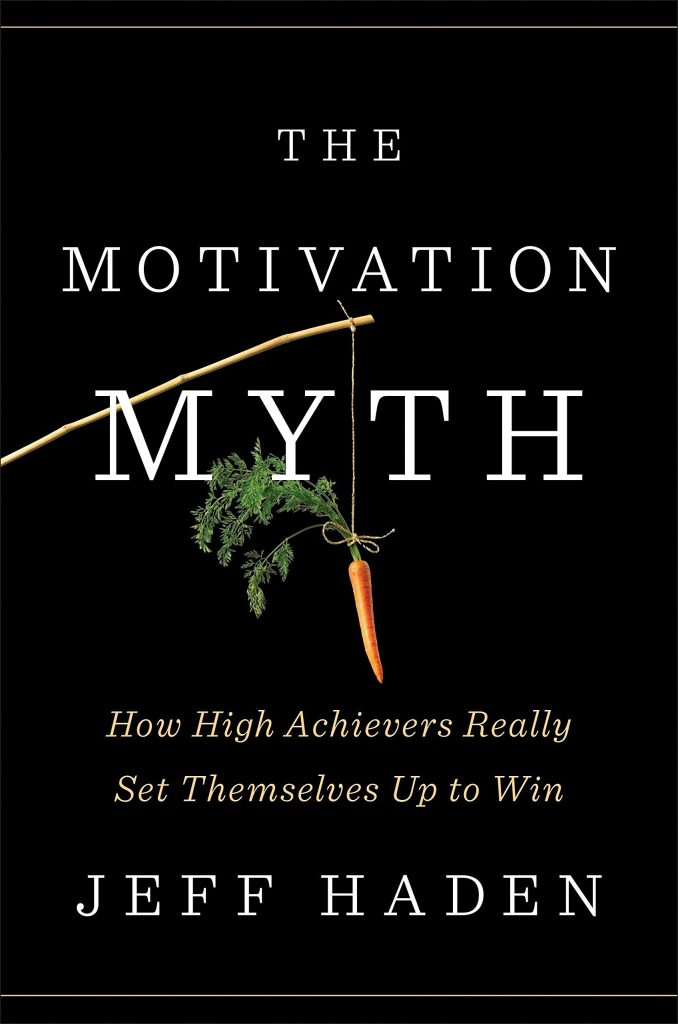
The 21 Day Rule

Nothing changes in a day. But a lot can happen in 21 days. Various researchers have different viewpoints on the concept of the formation of habits within 21 days. Some researchers reveal that it takes about 66 days while some researchers unfold that it takes 30 days to build habits.
The 21-day rule
Firstly, To form habits, you must work hard sincerely and consistently for 21 days. You may have to struggle for a few days to acquire habits but once you start working hard you will be amazed to find yourself forming good habits. Similarly, if you want to grow out of any bad habit, control yourself for a few days, and you will be astonished to find yourself free from that bad habit. For instance, you want to hit the gym regularly at 4 AM. For a few days, you would struggle to get up on time to get ready for the gym. Once you start getting up regularly, from around day 22 onwards it becomes a habit and you can make it to the gym regularly and on time. Apply the 21-day rule to outgrow any bad habit you have. You will surely get positive results.
Here is a blueprint for building habits
- Begin reinforcing your habits by writing them down. Remember, inking is better than thinking. Additionally, writing gives you clarity, restores your thoughts for future reference, and enhances your focus and concentration. Write down the progress plan and progress report for 21 days.
- Be mentally prepared to change your habit. If you have decided to wake up early and go for a walk every day, you will need certain preparations. You have to sleep early. You will have to say “no” to late-night parties. Will will have to leave the bed on time and kill the urge to sleep a little more. Know what sacrifices a change will demand of you and be mentally prepared to go for it.
- Ensure that your actions are recorded firmly in your subconscious mind. Go back to chapter 10 to reaffirm the power of the subconscious mind. If you tell yourself firmly while sleeping that you will get up at 5 in the morning, your subconscious mind will act as your alarm. The only task left for you now is to avoid temptations. Avoid making excuses or rationalizations. Do not let yourself off the hook. It’s all about practicing something for some time, say 21 days. Post that you will be automated into it.
- Both time and timing matter a lot while trying to build habits. Hence, repeat your actions at a specific time every day until they become automatic. If you want to go for a walk, choose a time that works for you both in terms of your biological clock and your professional clock. If you want to go in the morning, stick to it. Don’t go for it in the morning one day and in the evening on the other day. that way you will confuse yourself. Also, your subconscious mind will not take your intention for change seriously. You will do it for a few days, then skip one day. put yourself into a system. Also, if you are to walk for 30 minutes every day, don’t think you will walk for 15 minutes today and will go for 45 minutes tomorrow. Discipline is important in achieving anything.
- To grow any habit, it is best if you have company. For those 21 days at least, surround yourself with like-minded people who share the same vision. People and companionship work like a great motivation. We end up pursuing things when we end up meeting friends and get to spend some time together pursuing the same thing. We get to discuss the progress and plans with each other. That way we stay bound by a cause. The bond between the habit and the people extends far beyond 21 days. Hire a coach or mentor.
- Never expect quick outcomes. The 21 days will put only a habit in place. The habit will fetch you results over time. Be patient and consistent. Track your progress. Celebrate your success.
To train your brain, feed inputs that you intend to strive for 21 days to build new habits. Never feed the information that you will have for a lifetime.
Secondly, Here is a list of templates to be customized as per your requirements.
- I want to give up smoking for 21 days.
- I want to give up alcohol for 21 days.
- I want to give up sweets for 21 days.
- I want to quit eating junk food for 21 days.
- I want to blog daily for 21 days.
- I want to get up every day at 5 A.M. for 21 days.
- I want to exercise every day for an hour for 21 days.
To bring out behavioral improvement, break things into small steps to enable your mind and body to avoid resistance. It boosts your sense of adequacy and helps accomplish your goals and objectives.
Start building your good habits slowly and steadily. Do not attempt to build them overnight. When you start exceedingly small, you will find an amazing outcome. For instance, when you want to exercise, do it daily for a few minutes. Once your body responds positively, increase the duration of your exercise. Avoid torturing your body by exercising heavily in the initial stage.
Over to you!
Thirdly, Building habits is not an easy task. It is about your mind and your practices. It is related to your learned behavior. Habits persist for a longer time because they are automatic, and are done through your subconscious mind. Changing your habits is possible but it requires serious effort. You need to program your subconscious mind through your conscious mind and work regularly to build your habits.
Changing a habit is very challenging because there is a natural tendency to fight against building good habits. If changing habits were easy, everybody would shed their bad habits and embrace good habits. There is often a resistance to overcoming bad habits. It requires tremendous willpower and consistent commitment and self-discipline for 21 days to build great habits. How long it takes to build habits depends solely on the individual. Hence, 21 days cannot be taken as the benchmark. However, it is an ideal duration for any individual striving to build good habits. Good habits bring positive behavioral changes resulting in success in your personal, professional, and social life. Give your all to adapt to them.







[…] experiences forge the mind and the body of the animal. The same thing is also valid for humans. If we live an extremely […]